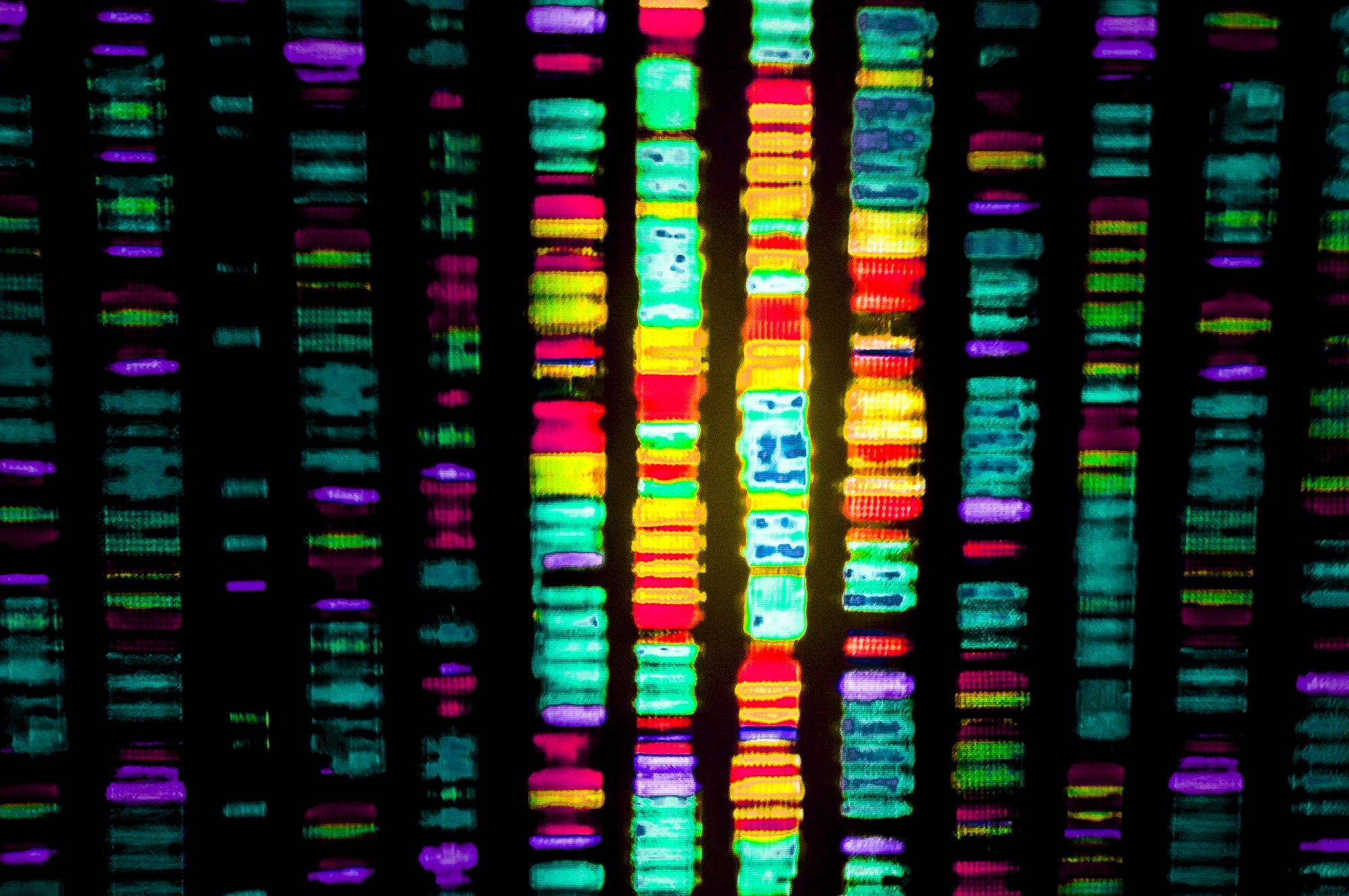 Adolescence can be a challenging time for both teenagers and their families, especially when faced with emotional, behavioral, or mental health struggles. Residential treatment centers provide a supportive and transformative environment for troubled teens, helping them unlock their potential and overcome the obstacles that hinder their growth. In this blog post, we will explore how residential treatment centers empower troubled teens by offering comprehensive support, personalized treatment, and a platform for personal growth and healing.
Adolescence can be a challenging time for both teenagers and their families, especially when faced with emotional, behavioral, or mental health struggles. Residential treatment centers provide a supportive and transformative environment for troubled teens, helping them unlock their potential and overcome the obstacles that hinder their growth. In this blog post, we will explore how residential treatment centers empower troubled teens by offering comprehensive support, personalized treatment, and a platform for personal growth and healing.
Safe and Structured Environment
Residential treatment centers offer troubled teens a safe and structured environment to navigate their challenges. These centers provide round-the-clock supervision, ensuring the physical and emotional well-being of residents. By removing teens from harmful or negative influences and creating a supportive community, residential treatment centers create a space where they can focus on personal growth without distractions. This environment fosters trust, self-reflection, and personal accountability.
Comprehensive Support Services
One of the key strengths of residential treatment centers is their ability to provide comprehensive support services tailored to each teen’s unique needs. Qualified professionals, including therapists, counselors, and medical staff, collaborate to develop individualized treatment plans that address the underlying issues contributing to a teen’s struggles. These plans may include individual and group therapy, academic support, life skills training, and specialized therapies such as art or music therapy. The holistic approach ensures that all aspects of a teen’s well-being are addressed, promoting overall growth and healing.
Personalized Treatment Plans
Every troubled teen is unique, with their own set of challenges, strengths, and goals. Residential treatment centers recognize the importance of personalized treatment plans to meet the specific needs of each individual. By conducting thorough assessments and involving the teen and their family in the treatment planning process, these centers develop targeted interventions that address the root causes of their struggles. The personalized approach allows for more effective treatment outcomes and a greater focus on long-term success.
Therapeutic Interventions
Residential treatment centers offer a wide range of therapeutic interventions to support troubled teens on their journey of healing. Evidence-based approaches such as cognitive-behavioral therapy (CBT), dialectical behavior therapy (DBT), and trauma-focused therapy help teens develop coping skills, emotional regulation, and resilience. Group therapy sessions provide a supportive community where teens can connect with peers facing similar challenges, fostering a sense of belonging and understanding. These therapeutic interventions provide teens with the tools and strategies they need to overcome their struggles and thrive in their daily lives.
Academic Support and Personal Growth
Residential treatment centers understand the importance of academic success in a teen’s overall well-being and future prospects. These centers offer academic support to ensure that teens continue their education while receiving treatment. Certified teachers provide individualized instruction, address learning gaps, and help teens develop effective study habits. By supporting their academic progress, residential treatment centers empower troubled teens to build a solid foundation for their future and unlock their potential beyond their time in the program.
Emotional and Social Skill Development
Building healthy emotional and social skills is crucial for troubled teens to navigate relationships, manage emotions, and make positive life choices. Residential treatment centers provide opportunities for teens to develop these skills through individual and group therapy, interpersonal activities, and experiential therapies. Teens learn effective communication, conflict resolution, empathy, and self-awareness, empowering them to build healthier relationships and make better decisions. These skills not only support their current challenges but also equip them for success in their future endeavors.
Transition and Aftercare Support
Residential treatment centers understand that the journey to empowerment doesn’t end with the completion of the program. These centers provide transition and aftercare support to ensure a smooth integration back into the community. This may include developing a comprehensive aftercare plan, connecting teens with local resources and support networks, and facilitating continued therapy or counseling. By providing ongoing support, residential treatment centers empower troubled teens to maintain their progress, overcome setbacks, and continue their personal growth beyond their time in the program.
Final Thoughts
Residential treatment centers offer troubled teens a transformative experience by providing a safe and structured environment, comprehensive support services, personalized treatment plans, therapeutic interventions, academic support, and opportunities for personal growth. Through their commitment to empowering troubled teens, these centers unlock their potential, instill resilience, and equip them with the tools they need to navigate challenges, build healthy relationships, and embrace a brighter future.
The post Unlocking the Potential: How Residential Treatment Centers Empower Troubled Teens first appeared on Help Your Teen Now.

 PARENTING TIPS
PARENTING TIPS PREGNANCY
PREGNANCY BABY CARE
BABY CARE TODDLERS
TODDLERS TEENS
TEENS HEALTH CARE
HEALTH CARE ACTIVITIES & CRAFTS
ACTIVITIES & CRAFTS

